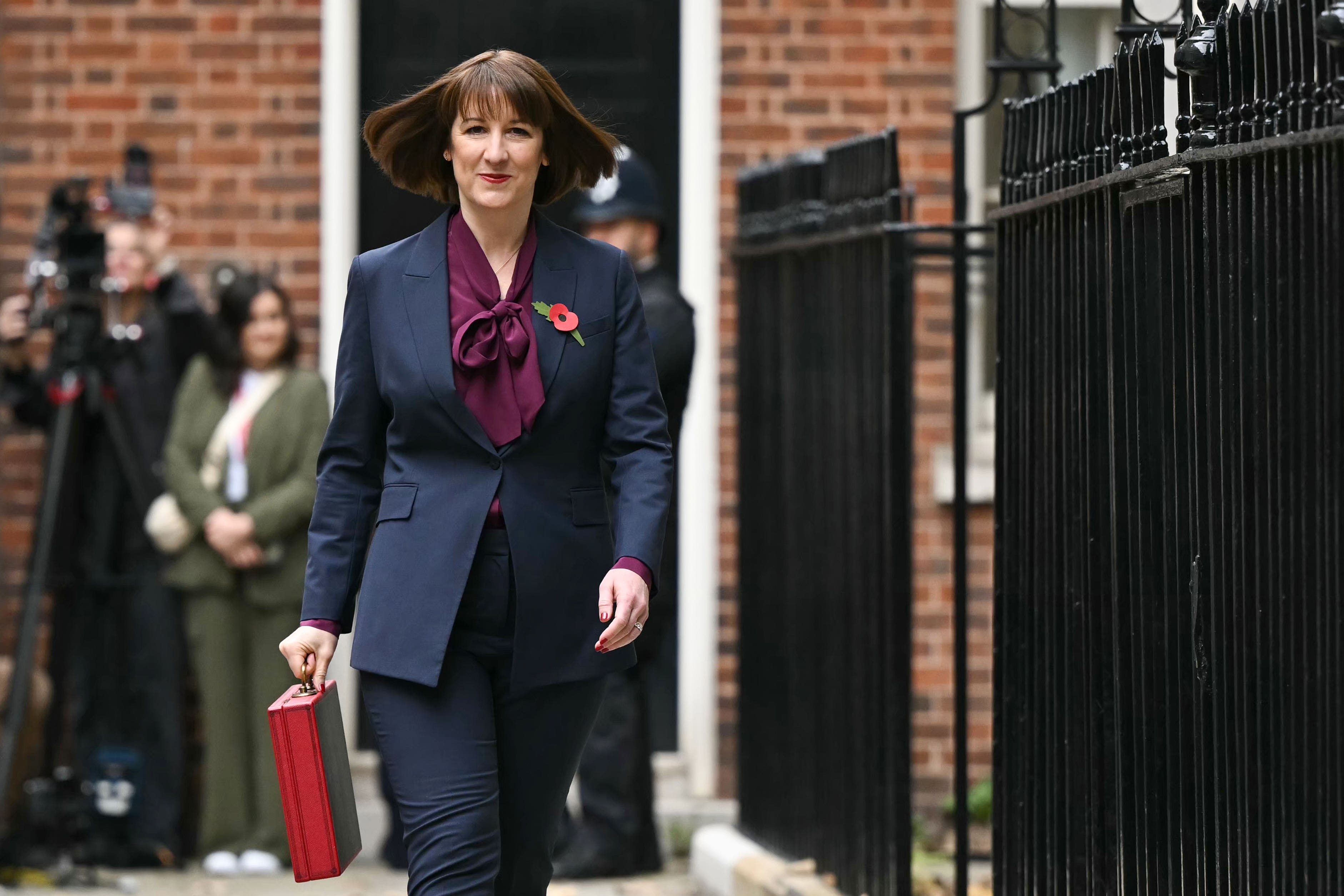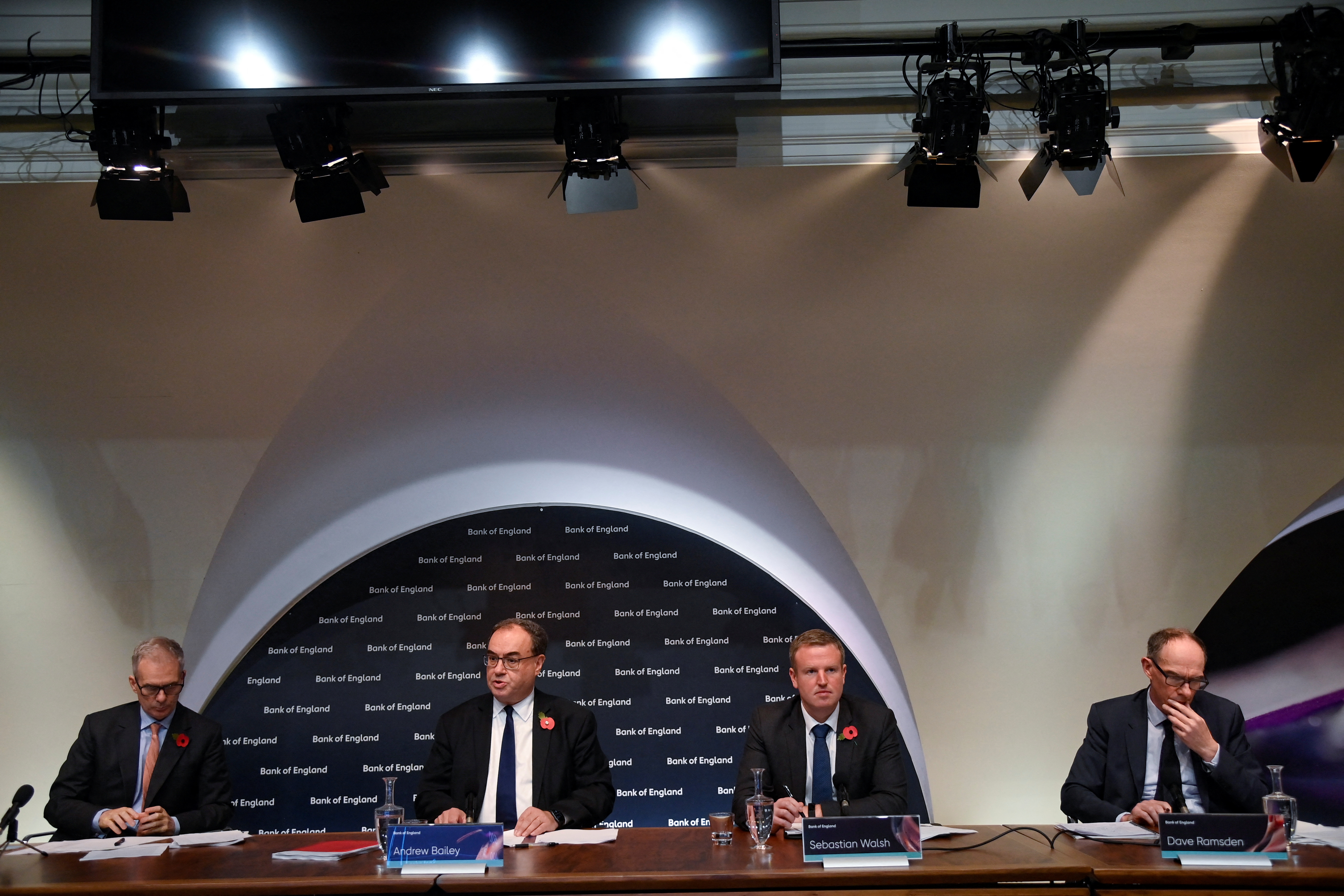
Rachel Reeves’ Budget Raises New Inflation Concerns
The latest fiscal announcements from Rachel Reeves have sparked fresh debates related to inflation and the overall economic stability in the UK. Experts are wary that her recent budget, characterized by increased spending and tax reforms, might further inflame the current inflationary pressures that households and businesses are grappling with.
 An overview of the UK economy post-Budget announcement.
An overview of the UK economy post-Budget announcement.
In a statement delivered last night, the Bank of England highlighted that the current trajectory of fiscal policies poses risks to the fight against inflation, warning that further easing could undermine hard-earned progress. The Bank’s officials remain concerned that the proposed tax hikes and expanded welfare spending could inadvertently discourage productivity, pushing prices up even higher in an economy that’s just starting to stabilize.
The Broader Economic Picture
While Reeves argues that her Budget is a vital step towards a balanced recovery, critics note that the proposed measures are contrary to the monetary tightening policies advocated by the Bank of England. With the cost of living crisis still looming large, the question remains: can the government justify increasing fiscal expenditures when economists are advising austerity measures?
As inflation rates hold steady just above 5%, the sensitivity of inflation to fiscal policies cannot be understated. As a recent quote succinctly put it:
“The real challenge lies in aligning fiscal policy with monetary stability.”
The sentiment echoes through the halls of both the Treasury and the Bank, where policymakers are keen to keep inflation in check while fostering economic growth.
 Bank of England’s response to new fiscal challenges.
Bank of England’s response to new fiscal challenges.
Consequences for Households
Households are at the forefront of this evolving narrative. With the potential for increased taxes, families may find it even harder to navigate the current economic climate. The relaxation of fiscal discipline, as per Reeves’ announcements, could lead to added burdens for the average citizen trying to cope with soaring cost of living expenses and rising mortgage rates. There are genuine concerns that this budget might instigate an inflationary spiral, compelling households to tighten their belts even further.
Furthermore, businesses too are apprehensive about the long-term impact that these fiscal changes could introduce. They face a dual challenge: managing their operations amid rising costs while adapting to the potential for reduced consumer spending power.
Industry Responses to the New Budget
In industry circles, reactions are mixed. Some business leaders appreciate the government’s commitment to investment, asserting that proactive spending is critical for growth and recovery in sectors hit hardest by the pandemic. Others, however, argue for a more prudent approach, fearing that excessive spending could overshadow the long-term economic goals.
 The business community grapples with the implications of the new budget.
The business community grapples with the implications of the new budget.
As discussions unfold within economic forums and corporate boardrooms, the critical balancing act between growth and austerity will dominate the conversation in coming months. Market analysts predict that until these tensions are reconciled, fluctuations in inflation rates will continue to create volatility.
Looking Ahead
As the economic landscape adjusts to these new developments, attention will remain focused on how effectively the Bank of England can maneuver through the complexities posed by Reeves’ fiscal strategies. Interest rates, inflation, and consumer confidence are all poised to be influenced by this budgetary approach.
In navigating this challenging terrain, the government’s response to emerging economic data over the next few months will be crucial. As the public and private sectors seek clarity on financial directions, the impending decisions will undoubtedly shape the enduring narrative of the UK economy.
 Predictions on the economic ramifications of the new policies.
Predictions on the economic ramifications of the new policies.














